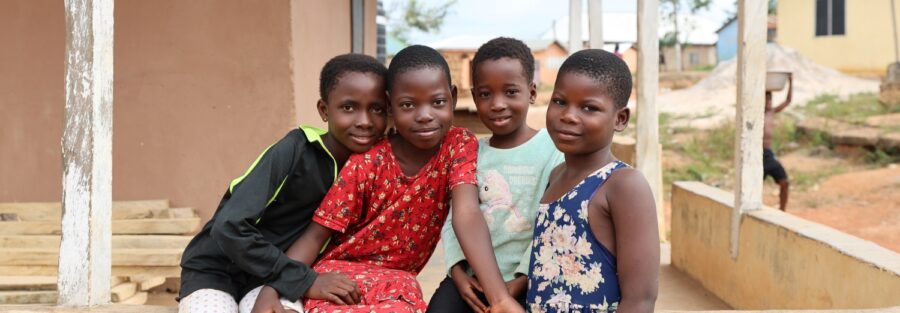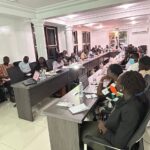For many adolescent girls across Ghana, the journey from childhood to adulthood is filled with curiosity, discovery, and transformation. Yet, it’s also a period that can be marked by confusion and vulnerability, especially when it comes to understanding sexual and reproductive health. Without the right information, many young girls are left to rely on myths, peers, or misleading sources, often leading to poor health outcomes and missed opportunities for a better future.
Her reality
In several communities, particularly among out-of-school adolescent girls, conversations about family planning (FP) are clouded by stigma, fear, and misinformation. Many young girls grow up believing that family planning is meant for married women or older adults only. Others fear that using contraceptives can cause infertility, weight gain, or other health complications. These misconceptions, coupled with limited access to adolescent-friendly health services, create barriers that hinder young people from making informed reproductive health decisions.
For girls who are out of school, the risks are even higher. Early motherhood can interrupt their education, limit future opportunities, and perpetuate cycles of poverty and dependence.
Recognizing these challenges, ARHR, with support from the UNFPA through the Empower-Ed Project, is taking proactive steps to ensure that adolescent girls, especially those out of school, have access to accurate, comprehensive, and age-appropriate information on family planning and reproductive health.
Creating Safe Spaces for better decision making
Under the Empower-Ed Project, ARHR has been working with health providers to bridge the knowledge gap among young people. The project targets adolescent girls in selected districts across three regions in Ghana: Greater Accra, Oti, and Bono regions, providing them with safe and interactive platforms to learn about their bodies, menstrual hygiene, family planning options, and reproductive rights.
Through community sensitization sessions, small group discussions, and peer-led engagements, facilitators guide participants through topics such as:
- Understanding different FP methods and their suitability;
- Addressing myths and misconceptions about contraceptives;
- Knowing where and how to access youth-friendly health services;
- Encouraging self-confidence and decision-making around personal health.
These sessions are designed to be inclusive, respectful, and non-judgmental, ensuring that girls feel comfortable asking questions and sharing their experiences. For many, it’s the first time they’ve had open and honest conversations about reproductive health.
Why this matters
Empowering adolescents with the right information on family planning goes beyond preventing teenage pregnancies. It equips them with life skills, confidence, self-awareness, and the ability to make informed decisions. When girls understand their reproductive health and have access to services, they are more likely to stay in school, delay childbearing, and pursue economic opportunities.
Moreover, ensuring adolescents are well-informed contributes to national development goals, including reducing maternal mortality and achieving universal access to sexual and reproductive health services as outlined in the Sustainable Development Goals (SDG 3 and 5).
Looking Ahead
As ARHR continues to implement the Empower-Ed Project, the organization remains committed to advocating for inclusive, youth-friendly, and gender-responsive health systems. Through ongoing education, advocacy, and collaboration with health authorities, ARHR seeks to create a future where every adolescent girl, whether in or out of school, can make informed decisions about her body and her future.



